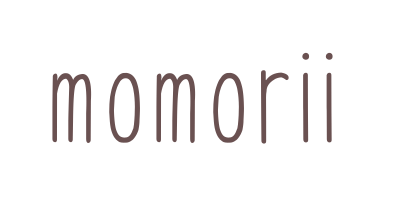Your Cart is Empty
Motherhood and Relationships: Navigating the Changes in Personal Dynamics

Becoming a mother is an extraordinary life event that brings immense joy and fulfillment. However, it also introduces significant changes in a woman's personal relationships. The dynamics with partners, friends, and family members often shift, requiring adjustment, understanding, and sometimes, a redefinition of these connections. This article explores how motherhood can impact various personal relationships and offers insights into navigating these changes effectively.
1. Relationship with Partner
Motherhood can profoundly affect the relationship with your partner. The joy of bringing a new life into the world is coupled with the challenges of sleepless nights, divided attention, and shifting priorities.
Communication is Key: Open and honest communication with your partner about feelings, expectations, and struggles is vital. Regular check-ins can help both partners feel heard and supported.
Shared Responsibilities: Equally sharing childcare and household responsibilities prevents resentment and strengthens the partnership. It's important for both partners to be active participants in parenting.
Keeping the Spark Alive: Prioritizing the relationship is crucial. Planning regular date nights, even if it’s a simple at-home dinner after the baby sleeps, can maintain the connection.
2. Friendships
Motherhood can also impact friendships, especially with those who may not have children. The time and energy available for social interactions often decrease.
Finding a Balance: It’s important to maintain friendships, even if the frequency of interactions changes. Finding a balance between mom life and social life is key.
New Friendships: Motherhood opens the door to new friendships with fellow parents who can relate to your experiences. Parent groups can be a great source of support and camaraderie.
3. Family Relationships
Family dynamics can also shift with the arrival of a new member. Grandparents, siblings, and extended family members may have their own expectations and ways of interaction.
Setting Boundaries: Clearly communicate your parenting choices and boundaries to family members. It’s okay to say no when needed.
Accepting Help: Accepting help from family can be a blessing, but it’s important to ensure that it aligns with your parenting approach.
Involving Family: Involve family members in the child’s life in ways that are comfortable and beneficial for you and the baby.
4. Relationship with Yourself
Motherhood often leads to a redefinition of self. Many mothers grapple with identity changes and the pressure to live up to societal expectations of motherhood.
Self-Care: Prioritizing self-care is not selfish. It’s necessary for your well-being. This can include simple activities like reading, exercising, or spending time with friends.
Self-Compassion: Be kind to yourself. Understand that being a perfect mother is unattainable and unnecessary. Embrace your unique journey of motherhood.
Navigating the changes in personal relationships after becoming a mother is a journey that requires patience, communication, and flexibility. Each relationship will face its own set of challenges and opportunities for growth. Remember, it’s about finding a new normal where you feel fulfilled both in your role as a mother and as an individual with diverse relationships. With time and effort, these relationships can grow stronger and more meaningful.

